Saluki
Saluki is one of the oldest dog breeds in the world, and its roots can be traced back to ancient Egypt, Greece, Persia, and the Middle East. The breed was named after the town of Seleukia, an ancient city that no longer exists. Salukis might go as far back as 7000 b.c. (according to some Sumerian carvings from that period that show Saluki-like dogs).
They were popular in ancient Egypt, where they were used to hunt gazelles for Egyptian Pharaohs. Salukis hunt by sight as opposed to most of the other hound dogs that hunt their prey by smell or sound. These dogs were frequently honored with mummification after death. They are known and referred to as "the royal dog of Egypt".
FUN FACT: Nomadic Muslims (although they were from a culture that considered dogs unclean) believed that Salukis were gifts from Allah and thus honored with the title ‘El Hor,’ which means ‘The Noble’.
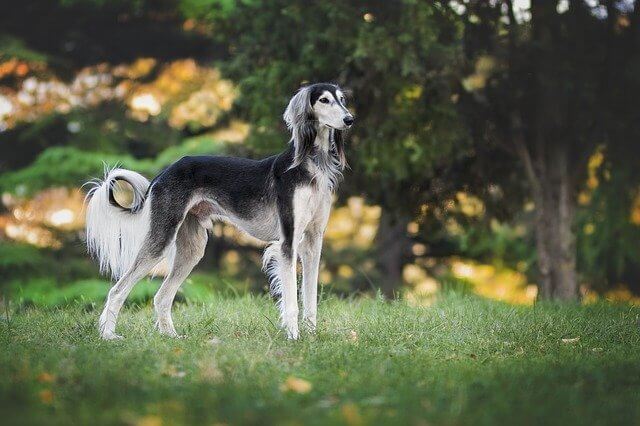
For thousands of years, these dogs were adored not only for their magnificent looks but for their hunting abilities. Today, these beautiful dogs are a popular choice as a companion and as a family pet. Keep in mind that Salukis make gentle and calm companions for older children but cannot tolerate rough play from younger ones.

Height:
23–28 in (53–71 cm)

Weight:
40–65 lb (18–29 kg)

Origin:
Middle East

Life Expectancy:
10-17 years
Dog Breed Characteristics
Male dogs stand 23 to 28 in (53 - 71 cm) at the shoulder and weigh 40-65 lb (18-29 kg). Females are considerably smaller.
Saluki - Grooming and care
The Saluki has a short, smooth, silky body coat. They can be all smooth or can have slight feathering on some parts of their body (on the legs, the backs of the thighs, and sometimes the shoulders, and the underside of the tail). Both coat types require minimal grooming and are easy to maintain.
These dogs don’t shed a lot. Weekly brushing is enough to keep your Saluki clean and beautiful (twice a week if you have feathered Saluki). These dogs come in white, cream, fawn, golden, grizzle and tan, black and tan, and tricolor (white, black, and tan). Other grooming needs include dental hygiene and nail care.
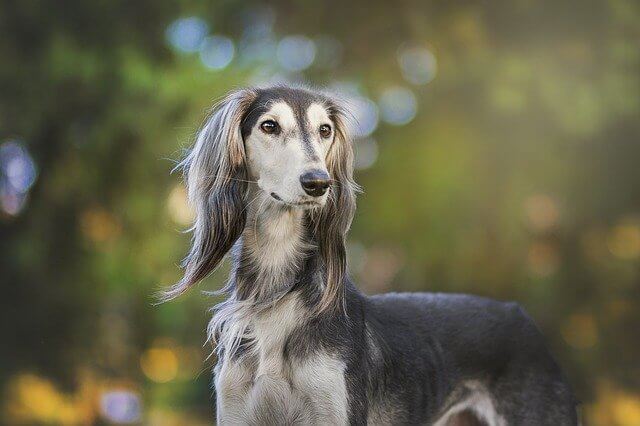
FUN FACT: Many Saluki owners use a snood to put their dog ears up and keep them from dragging in the food dish and/or water bowl.
Energy level
Considering their history, it is not a surprise that Salukis need plenty of daily exercise. They are athletic and high-energy dogs with a tremendous amount of stamina. Running is in Saluki’s blood -they love to run and they need to run every day, as much as possible.
They also love to roam around and will be the happiest when they are off-leash and free to wander. However, because of their strong prey drive, you should be careful with letting dogs off-leash. Salukis are destructive chewers when bored or unhappy, so make sure that your Saluki dog is always physically and mentally stimulated enough.
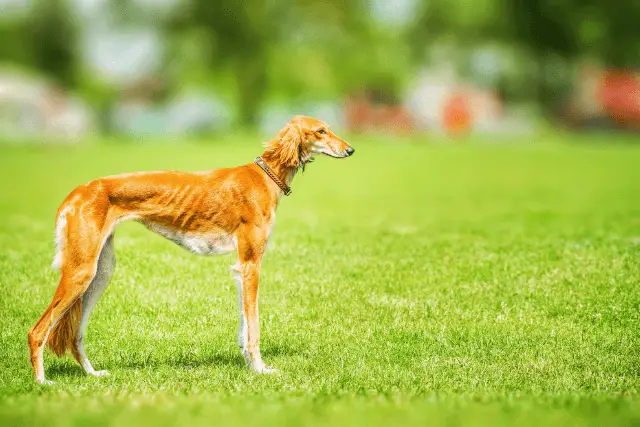
FUN FACT: Hunting Saluki can run even faster than a Greyhound and can reach a speed of nearly 40 mph.
Loyalty
Salukis are extremely loyal dogs, devoted to their family. Usually, there is one person in a household they especially bond with. Salukis are intelligent, but are also independent and can be stubborn, so training can be a real challenge. Training sessions need to be short, fun, and interesting to hold Saluki’s attention.
They respond well to positive reinforcement. As they are a very sensitive breed, they should never be trained harshly. Training a Saluki takes time, understanding, and patience, so these dogs are not the ideal breed for first-time owners with no experience.
Another important thing is to socialize your Saluki from a young age. They are naturally quite aloof when strangers are near but would rarely show any aggressive behavior. Salukis are reserved and prefer to keep their distance, so they are not natural watchdogs.
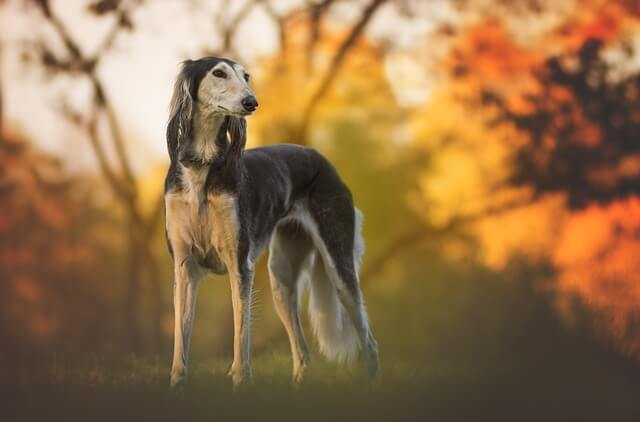
FUN FACT: Salukis need to have comfortable and warm bedding at home (since they don’t have enough body fat to provide padding).
Health issues
Saluki is a gentle, dignified, graceful, and beautiful dog. The Saluki has a lifespan of 10-17 years. A well-balanced diet, plenty of exercise, access to veterinary care, and overall lifestyle can significantly impact the length and quality of its life. They live long and don’t suffer from many genetically inherited diseases but are prone to some health conditions.
They are prone to heart issues (heart testing is recommended), certain cancers such as hemangiosarcoma (cancer found in the lining of blood vessels and the spleen) or osteosarcoma, lymphoma, mammary cancers, bloat, etc. Salukis are also notoriously intolerant to anesthetics (as most primitive dog breeds are), so it is of great importance to find a veterinarian who knows how to work with “primitive” dogs.
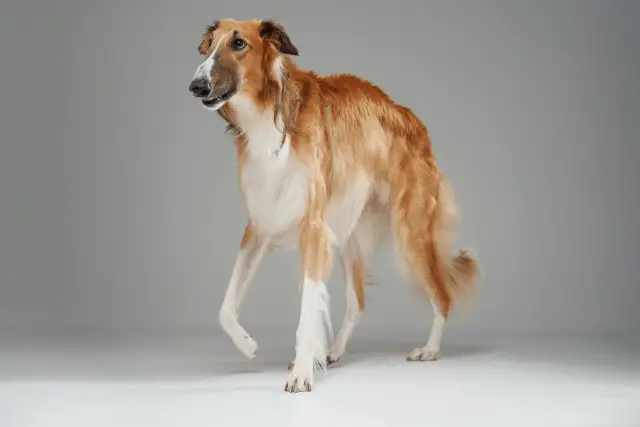
FUN FACT: Some Salukis suffer from sunburn in hotter weather.
World Dog Finder team

Updated at31.08.2023.
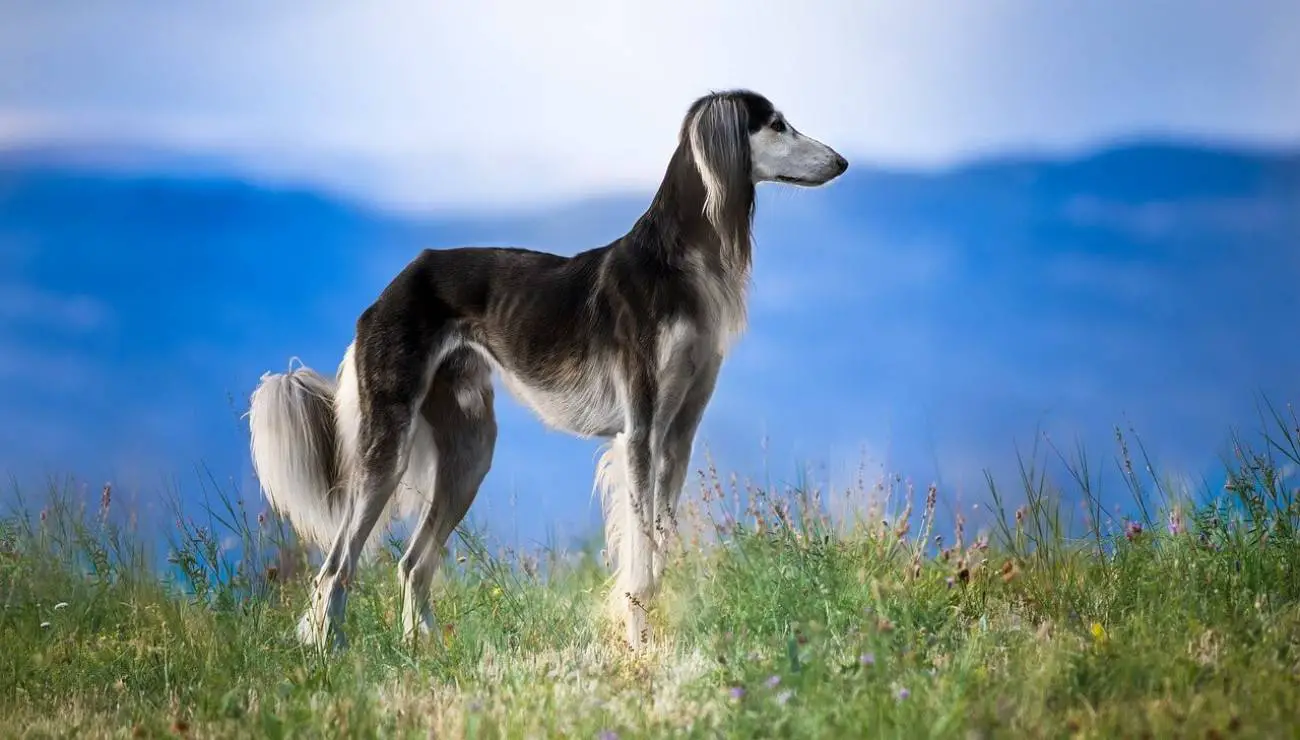
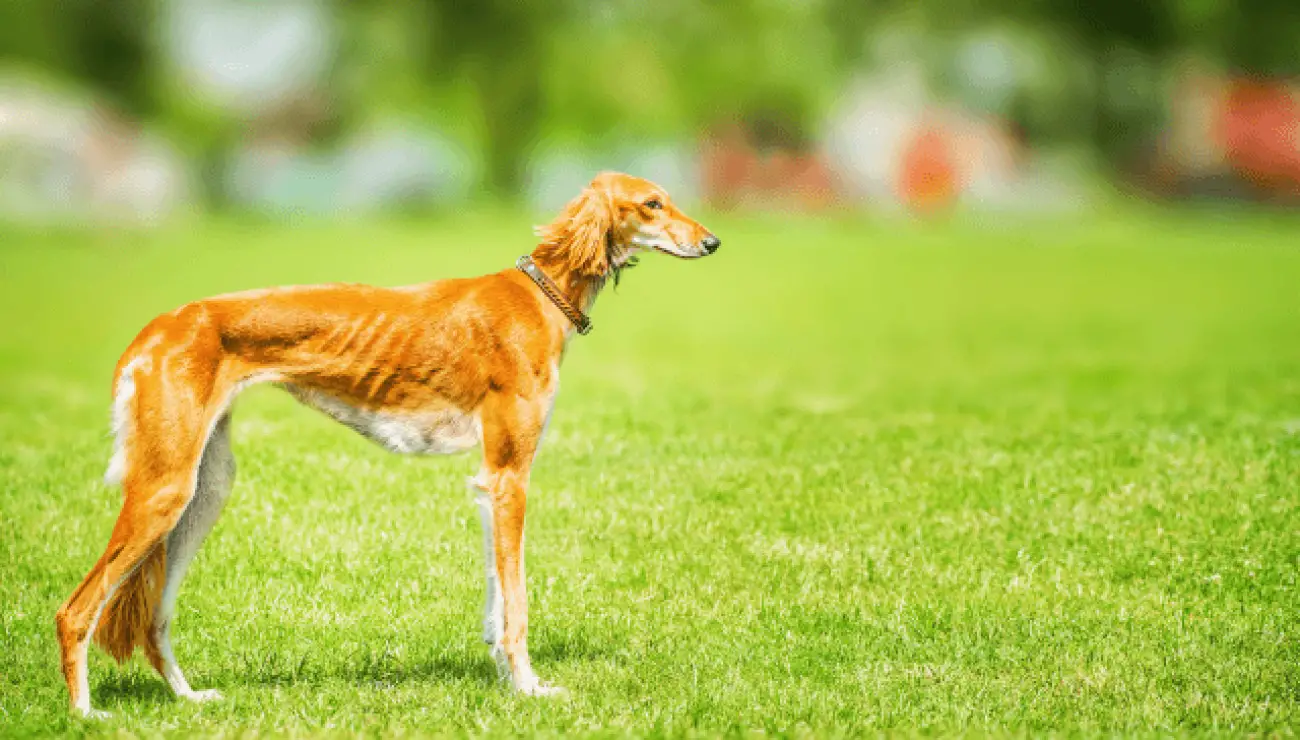
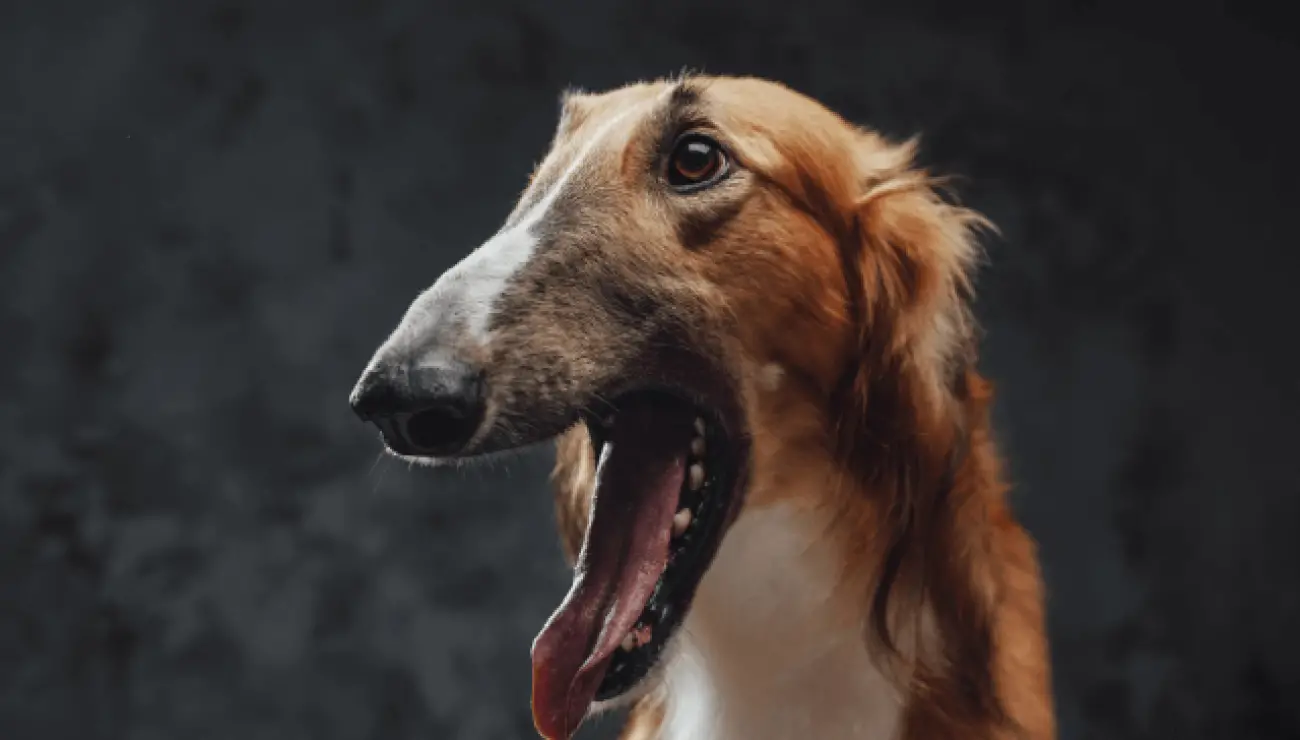
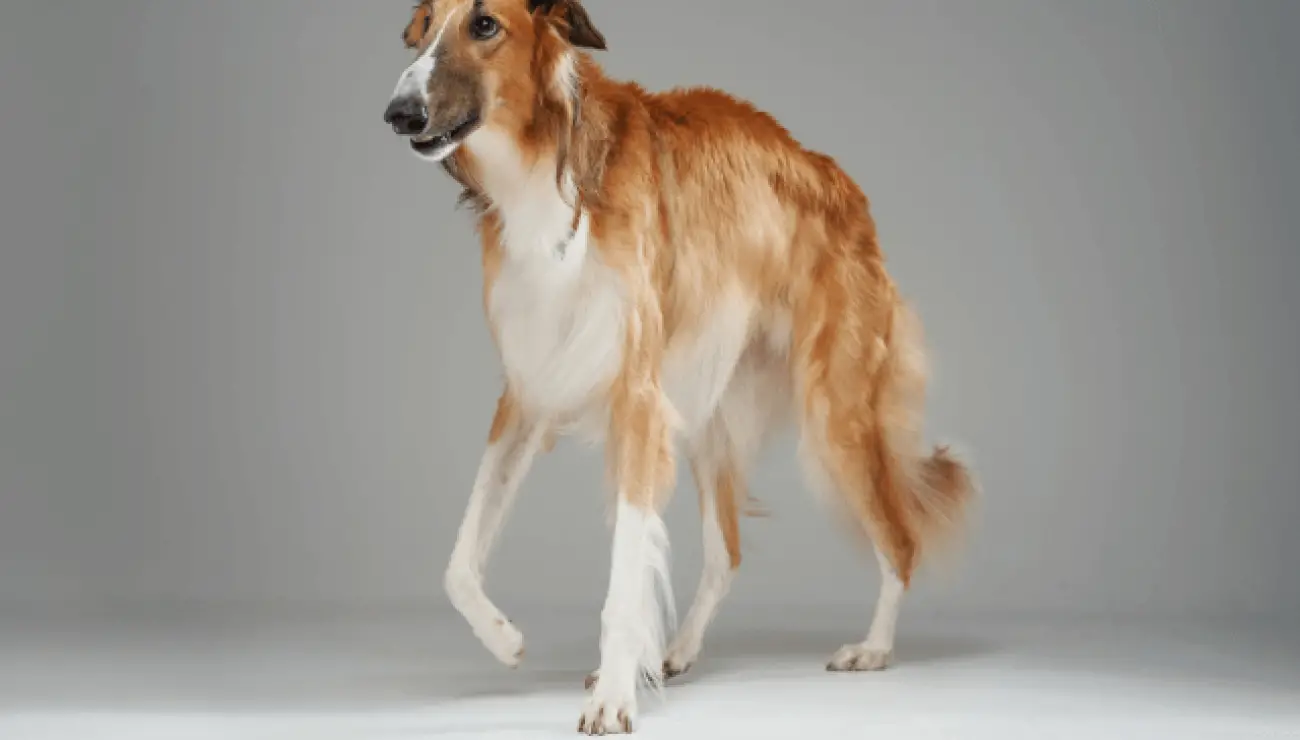
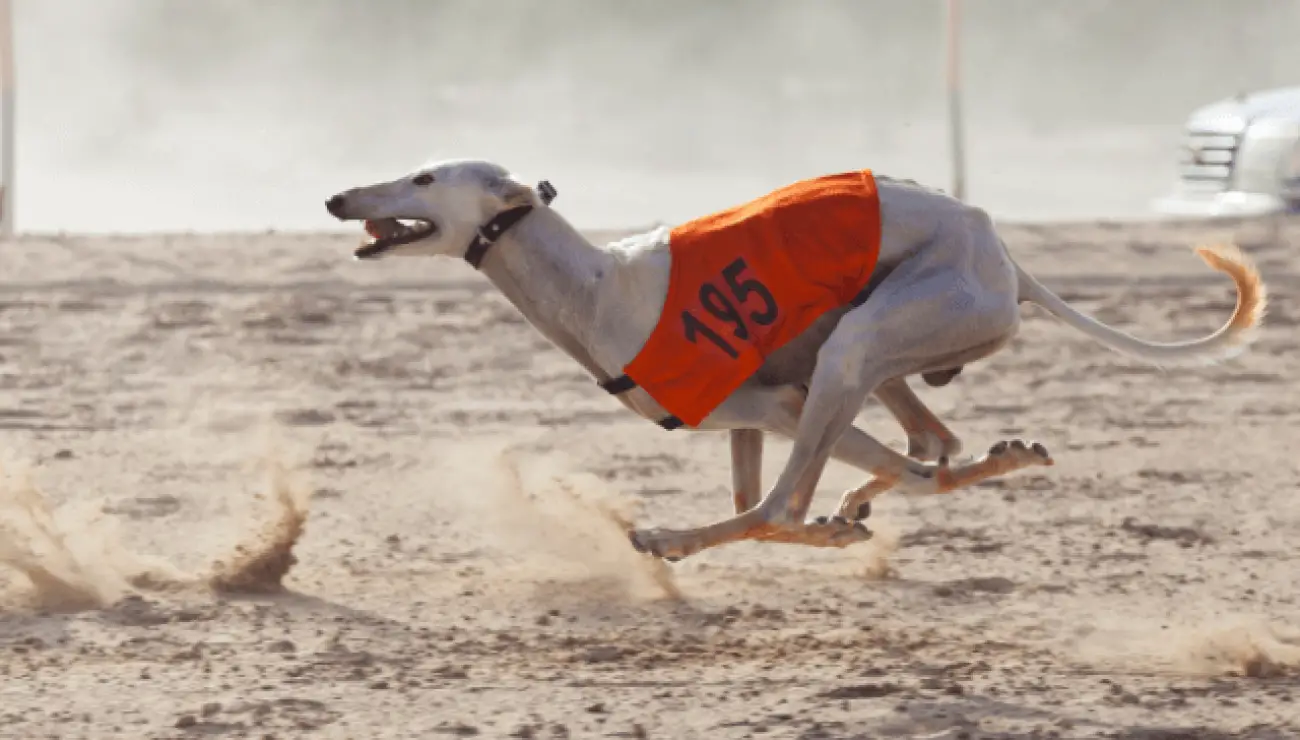
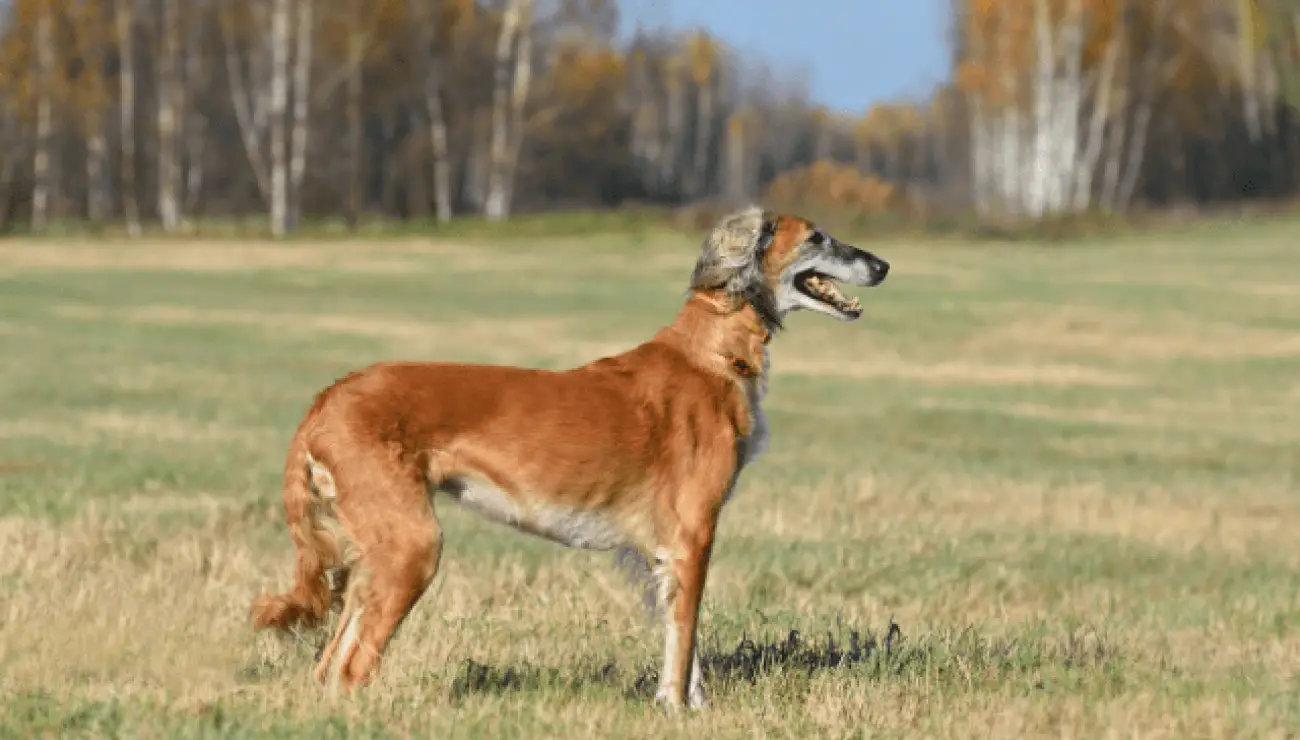

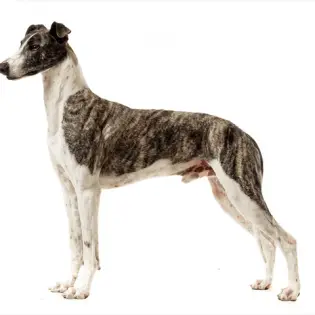
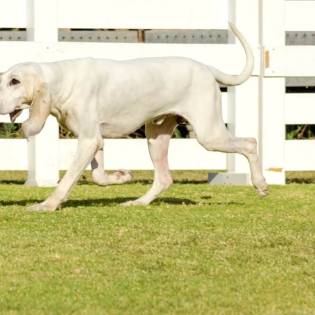
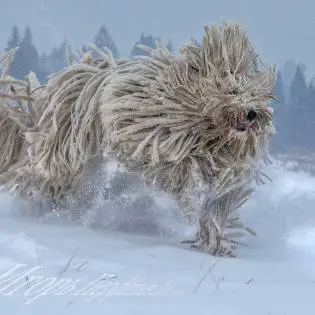

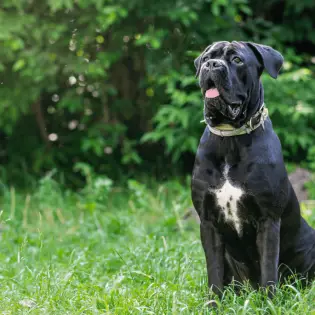


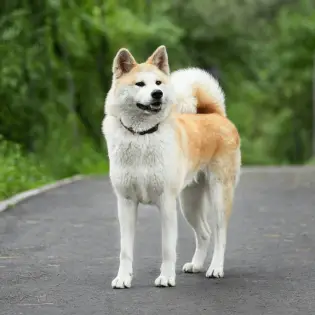

Share